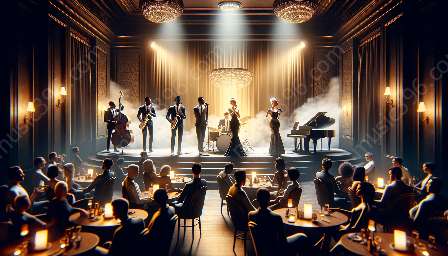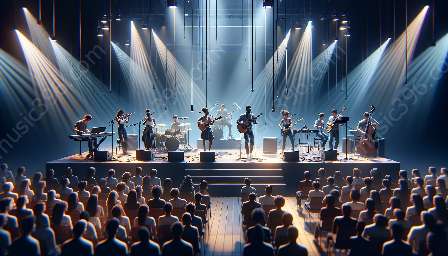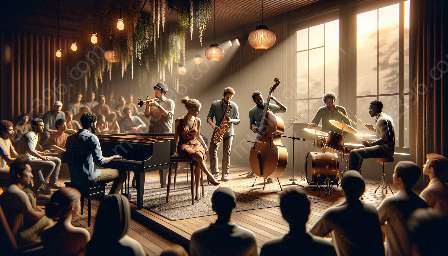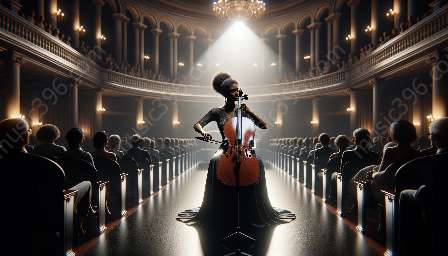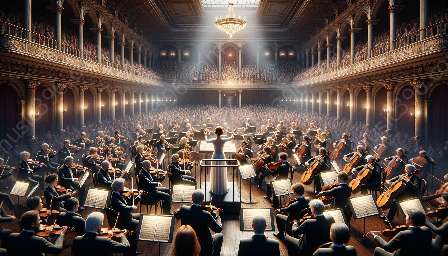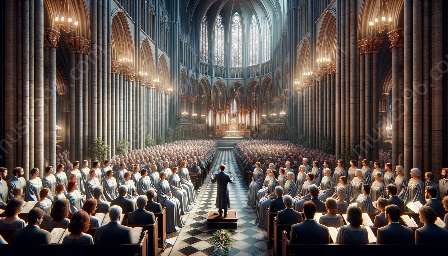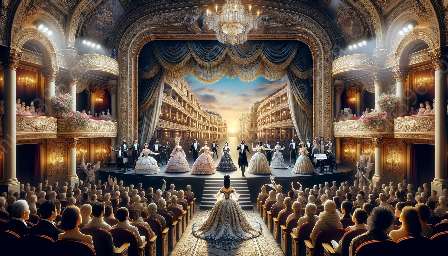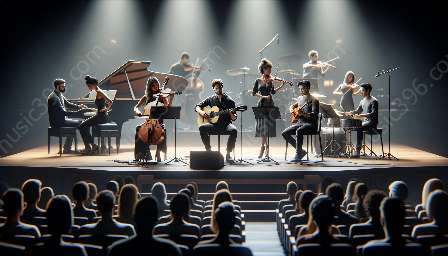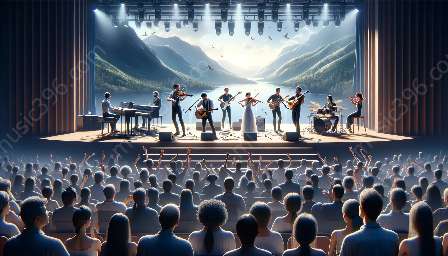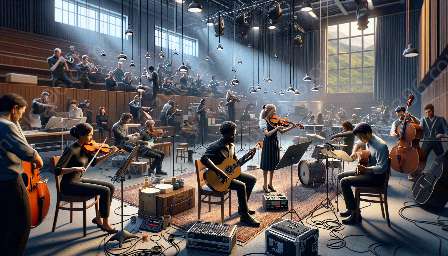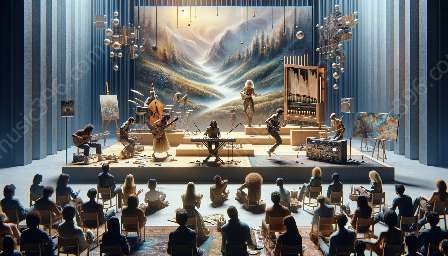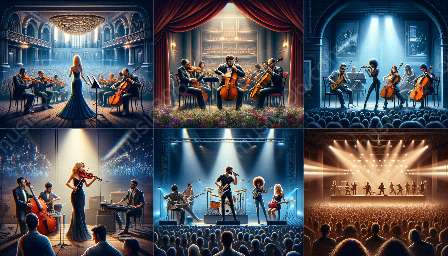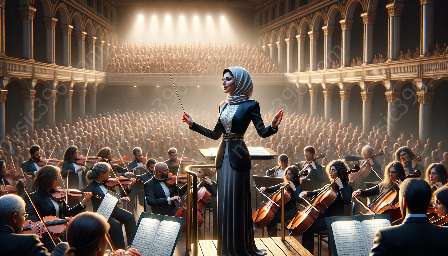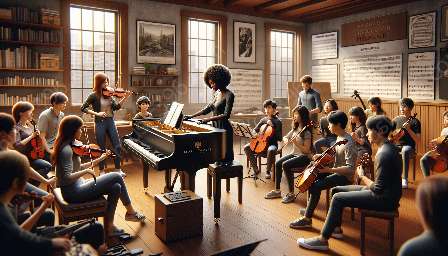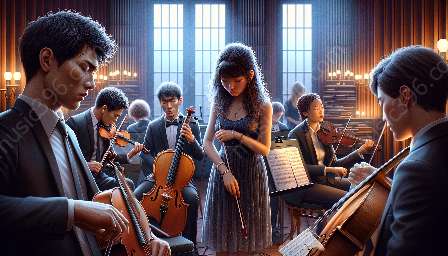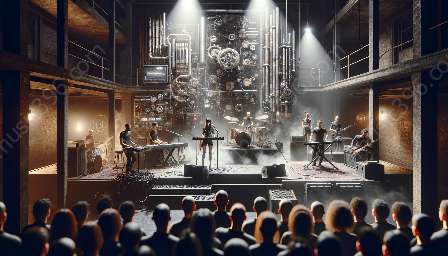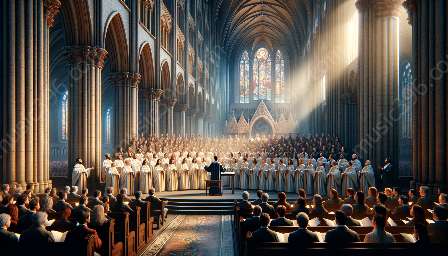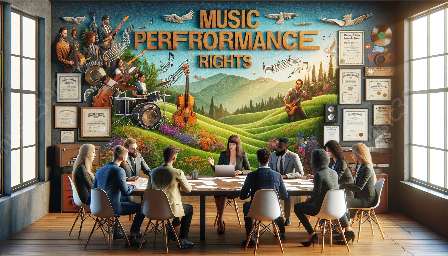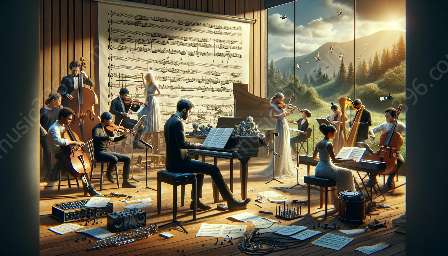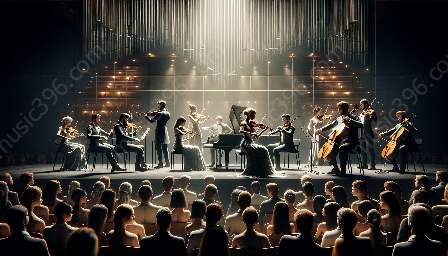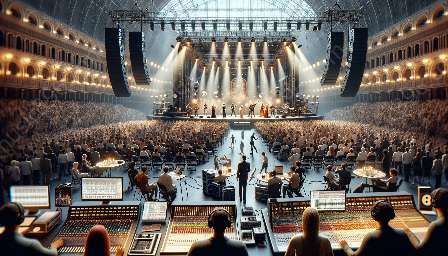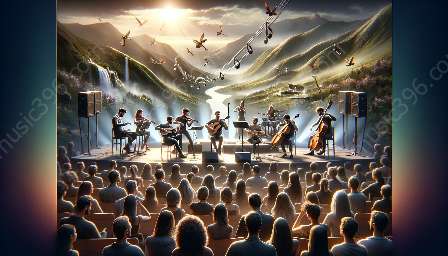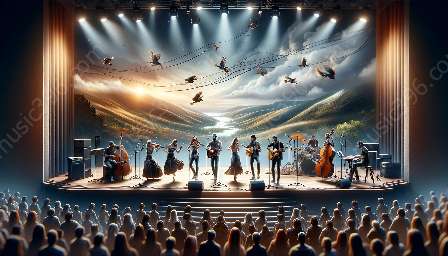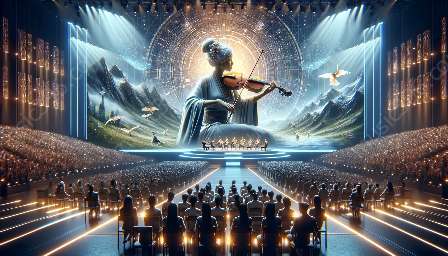Learning to sight-read music is a vital skill for professional musicians, as it allows them to interpret and perform music without prior practice. Sight reading in music performance is a crucial aspect of musicianship that can significantly impact a musician's career.
The Significance of Sight Reading in Music Performance
Sight reading involves the ability to read and perform a piece of music in real time, often during a live performance or rehearsal. It requires the musician to fluently interpret musical notation and play the corresponding notes on their instrument without relying on extensive preparation or memorization.
Sight reading is especially important in ensemble settings, where musicians must quickly adapt to new pieces of music and perform them cohesively with other musicians. This skill allows for greater flexibility and adaptability during rehearsals and performances, contributing to the overall quality of the musical experience.
The Impact of Sight Reading on a Musician's Career
Sight reading proficiency is highly valued in the professional music industry. Musicians who excel at sight reading are often sought after for studio recording sessions, live performances, and collaborative projects due to their ability to quickly learn and perform new material. Their efficiency in sight reading can save time and resources for production teams and enhance the overall quality of the musical output.
Moreover, the capacity to sight read proficiently can open up opportunities for musicians to work in a wide range of musical genres and styles. Whether performing classical music, jazz, pop, or other genres, the ability to sight read allows musicians to engage in diverse projects and expand their artistic horizons.
Training and Developing Sight Reading Skills
Professional musicians often dedicate significant time and effort to improve their sight reading abilities. This may involve regular practice sessions focused specifically on sight reading, as well as seeking guidance from experienced mentors and instructors.
Additionally, musicians may utilize various resources such as sight-reading exercises, sight-reading books, and online platforms to continually enhance their sight reading proficiency.
Conclusion
Sight reading plays a crucial role in the professional musician's career, impacting their opportunities for performance, collaboration, and artistic growth. The ability to efficiently sight read not only demonstrates a musician's skill and versatility but also contributes to the overall success of music performances and productions.
By recognizing the significance of sight reading in the context of music performance, aspiring musicians can prioritize the development of this essential skill and position themselves for success in their careers.

